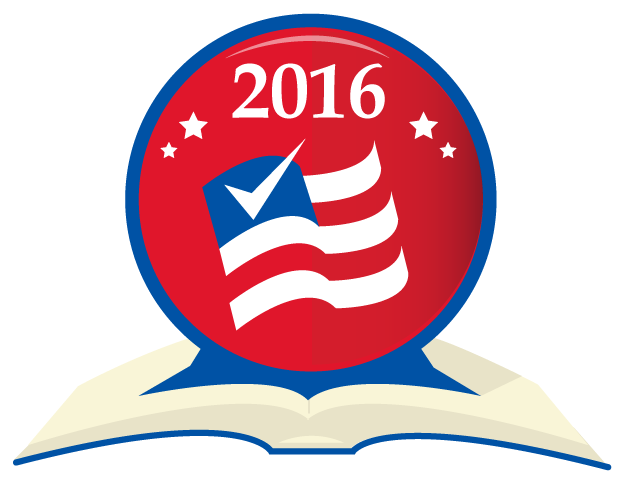You have /5 articles left.
Sign up for a free account or log in.
PHILADELPHIA -- As state delegates read out the votes to give Hillary Clinton the Democratic presidential nomination Tuesday, the imprint of the Bernie Sanders campaign hovered over the first two days of the Democratic National Convention.
That was true not just of the significant protests led by Sanders backers but also in comments on college costs and student debt from politicos and speakers at the event.
 On Monday night, Senators Cory Booker of New Jersey and Elizabeth Warren of Massachusetts talked up the value of debt-free college, and Sanders himself said a compromise proposal for free college endorsed by both campaigns would “revolutionize higher education in America.”
On Monday night, Senators Cory Booker of New Jersey and Elizabeth Warren of Massachusetts talked up the value of debt-free college, and Sanders himself said a compromise proposal for free college endorsed by both campaigns would “revolutionize higher education in America.”
“This election is about the thousands of young people I have met who have left college deeply in debt, and the many others who cannot afford to go to college,” Sanders said Monday.
Booker told Democratic attendees that debt-free college is not charity but an investment.
“It represents the best of our values, the best of our history, the best of our party: Bernie’s ideas, Hillary’s ideas, our shared ideas. Our shared values,” he said.
Although the current Clinton plan calls for free public higher education for students from families with annual incomes up to $125,000, many of the references to the plan by speakers here describe it as a “debt-free” college plan, using language applied to earlier versions of her proposal.
Across town earlier that day, at the Community College of Philadelphia, President Donald Generals said that the issues of cost and affordability are front and center in the conversation about higher education. The campus hosted a viewing of the film No Greater Odds, a documentary following five community college students at the College of Southern Nevada. Afterwards, a panel including Generals and other higher ed leaders discussed the role two-year institutions can play in meeting the country's growing needs for postsecondary education and the prospect of achieving free community college.
“Free tuition is a bipartisan issue, and I think it is something this nation can get done,” Generals said.
Those concerns over access to higher ed surfaced even in discussions of labor and workforce issues. In a panel on investing in worker training Tuesday, National Urban League President Marc Morial said young people suffer from “crushing” debt and access to many new jobs is hindered by the gap between financial aid awards and the full cost of attendance.
“I’m on the board of an HBCU and we’re losing honors students between their freshman and sophomore years,” he said.
Representative Eric Swalwell of California told attendees of the Democrats’ Youth Council Tuesday afternoon that he still has six figures in student debt. He said Sanders’s campaign helped bring the issue of student debt to the front burner for the party.
Swalwell and other Democrats are banking on interest in student debt and college affordability to help drive turnout in November. But the beginning of the convention this week indicates finding solutions to those issues will be among the party’s priorities after the election as well.
“It affects our ability to buy a house, get a job, to be entrepreneurial,” he said.
Many speakers contrasted Clinton's support for students with Trump University, the institution that was created by Donald Trump and is the subject of numerous lawsuits.
Randi Weingarten, president of the American Federation of Teachers, told the convention, “Hillary’s worked her entire life to level the playing field for working families. That starts with public education, from pre-K through college. She has a plan for universal early childhood education. She’ll reset education policy to focus on skills like creativity and critical thinking, not more testing. And she’ll make public universities free for working families -- a stark contrast with Trump’s for-profit scam.”




